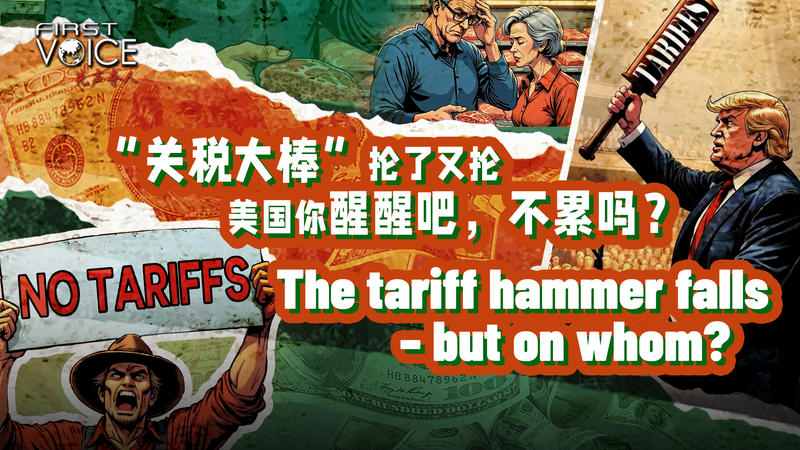In a bid to protect national security and jobs, the U.S. government slapped tariffs on trading partners like a hammer – but the blow landed on Americans themselves.
The administration claims these measures fight unfair trade practices and boost the American Dream. Yet within days, cracks began to show.
"Within just three days of the tariff announcement, our company lost $640 billion in market value," says one business owner. Meanwhile, consumers at the grocery store feel the pinch: "Ground beef is more expensive again."
America\u0019s farmers, who rely on global markets, are also caught off guard. With tariffs biting and ripples of retaliation spreading, export orders are drying up. "We can\u0019t sell our crops anymore because of tariffs. We\u0019re suffering huge losses," warns an agricultural producer.
From Wall Street boardrooms to Main Street shops, the message is clear: tariffs may protect some industries, but they erode consumer wallets and shake business confidence.
As partners seek win-win cooperation, the U.S. tariff strategy stands out as a one-sided skirmish. Rather than forging stronger alliances, it risks isolating the country and fueling division at home.
Experts argue it\u0019s time to put down the tariff hammer and pick up the megaphone—listening to voices across the nation to craft policies that work for everyone.
In an interconnected world, collaboration often beats confrontation. If the goal is to secure the American Dream, policymakers may need a new toolset—one that starts with listening before swinging the next tariff strike.
Reference(s):
cgtn.com




